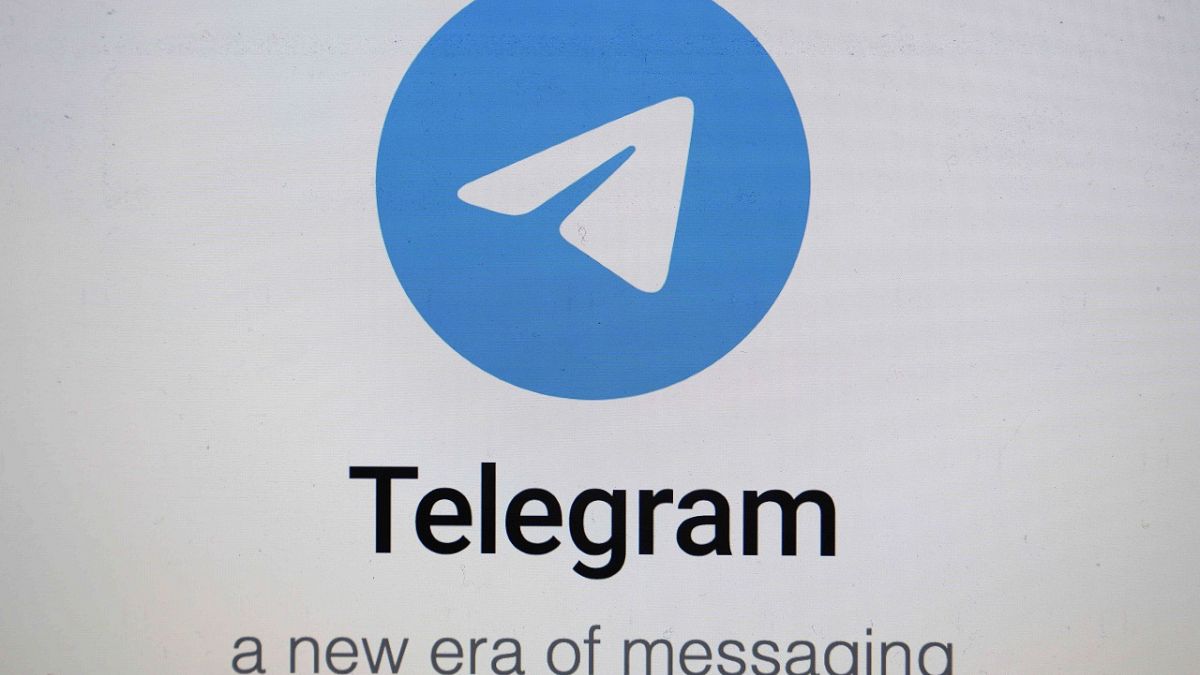The Ukrainian government has banned the popular messaging app Telegram from being installed on state-issued devices such as those used by government officials, military personnel, and critical infrastructure workers. This move was deemed necessary for national security during the ongoing war with Russia. The ban was announced by Ukraine’s Security and Defence Council in a statement on Facebook. The Security Service of Ukraine and the General Staff of the Armed Forces of Ukraine highlighted that Telegram is actively utilized by Russia for cyberattacks, phishing, spreading malware, establishing user locations, and calibrating missile strikes.
Despite the restriction on official devices, Ukrainians are still allowed to use Telegram on their personal devices. The app is a widely popular choice in Ukraine, not only for texting but also for accessing news updates, including information on Russian air attacks. Additionally, the app serves as a primary platform for Ukrainian officials, including President Volodymyr Zelenskyy, to communicate with the public and share updates on the ongoing conflict. Zelenskyy is expected to continue using Telegram for his public communications due to its significance in his official capacity.
Ukraine’s intelligence chief, Kyrylo Budanov, has expressed concerns about the potential threat posed by Russian intelligence services having access to personal messages of app users, as well as their personal data, including deleted messages. Budanov emphasized that while he supports freedom of speech, the issue of Telegram is primarily a matter of national security. The ban on state-issued devices aims to prevent potential security breaches and espionage activities facilitated by the use of the app.
The National Cybersecurity Coordination Centre played a vital role in calling for the ban on Telegram on state-issued devices, emphasizing the importance of safeguarding national security interests amidst the ongoing conflict with Russia. The decision to restrict the app from government officials and other key personnel reflects the government’s commitment to protecting sensitive information and preventing potential cyber threats orchestrated by adversarial entities. By limiting the use of Telegram on official devices, Ukraine aims to mitigate risks associated with cyberattacks, phishing attempts, malware dissemination, and location tracking orchestrated by Russia.
The exemption granted to individuals using Telegram for official duties underscores the government’s recognition of the app’s utility in certain contexts. While the ban primarily targets state-issued devices, Ukrainians are still free to utilize the app on their personal smartphones and other devices. This distinction allows for the continuation of regular communications, news updates, and engagement with public officials through Telegram, maintaining a balance between national security concerns and individual freedoms. The Ukrainian government’s decision reflects a strategic approach to cybersecurity and information protection in the face of evolving digital threats during times of conflict and heightened tensions.
In conclusion, the ban on Telegram for state-issued devices in Ukraine represents a proactive measure to safeguard national security interests and prevent potential threats posed by the app’s use in official capacities. While concerns over data security and Russian espionage activities have prompted this restriction, Ukrainians remain free to use Telegram on personal devices for communication and information sharing. The government’s decision underscores the importance of cybersecurity measures in mitigating risks posed by cyberattacks and malicious activities in a volatile geopolitical environment. Moving forward, the implementation of such measures will be crucial in enhancing resilience to emerging digital threats and maintaining the integrity of national security infrastructure.











